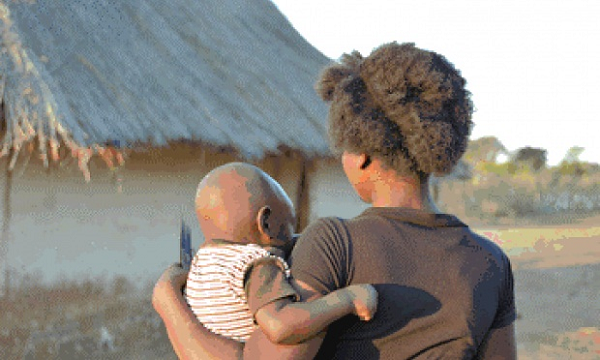
Child marriage: new ways of perpetrating the act
The upsurge of child marriage is of grave concern in the country, especially in the three northern regions of the country. This age-old practice inhibits girls’ educational development, employability and subsequently influences their view of the world.
The act takes the form of abduction, elopement and betrothal of these young girls who are mostly sold for a bride price. In this technological age, it has received attention and been made a crime, so the perpetrators have developed new ways of practising the act.
Some of the new ways are with the connivance of girls in the act and sending girls out to the cities to work during school holidays where the men follow up ostensibly to bring them back home. In areas where the girls are complicit in the act, these girls drop out of school and travel to work as head porters in Accra. The travel to Accra is sponsored by the lover of a girl so that upon her return from Accra, she gets married to him. These girls drop out usually from classes five and six as well as JHS forms one and two. The ages of these girls are usually between thirteen and sixteen.
The other way is, parents who are aware that their daughters will not kowtow to their pressure deliberately send their daughters to the cities under the pretext of asking them to go and work when schools are on holidays. The plan, on the other hand, is to avoid the intervention of teachers and other stakeholders. Later, the would-be-husband is sent ostensibly to the city to bring the girl home. It’s at this point that the marriage is consummated since all arrangements have been completed with the parents.
In the matter of child marriage and its associated disadvantages to the girl child development, there have been global efforts to reduce to the barest minimum the canker of the phenomenon. In line with this, the first and third targets of the Sustainable Development Goals (SDGs) four and five respectively states: “by 2030, ensure that all girls and boys complete free, equitable and quality primary and secondary education leading to relevant and effective learning outcomes; eliminate all harmful practices, such as child, early and forced marriage and female genital mutilations”.
The above targets become difficult to achieve when the phenomenon of child marriage, which comes along with the dropping out of school and teenage pregnancy, still prevails in its new ways.
Communities where the act of school dropout, child marriage and consequently teenage pregnancy is prevalent, there are efforts that are made to by Parents and Teachers Association (PTAs) as well as School Management Committees (SMCs)to nip the situation in the bud by instituting fines. Sadly, due to the connivance of the girls and their lovers, they have found a way to avoid the fine: the girls drop out of school and leave their homes for Accra to work and then upon their return, they declare their intentions of not returning to school.
In some other cases, the indigenes of the communities threaten the lives of teachers who they believe stand in their way of luring girls into marriage.
The war against child or early marriage can’t be won when the girls don’t understand the consequences that come along with it. The focus must be on making girls understand that their future success is not in being wives; instead, it’s in their skill and intellectual development.
Girls must be made to understand that they have a greater role to play in the development of their communities than yielding to pressure to marry.
All these start and end with how adequately the Ministry of Gender and Social Protection, as well as the Girl Child Unit of the Ghana Education Service are resourced annually from national to the district levels to ensure that the triple phenomenon of dropping out of school, child marriage and consequently teenage pregnancy, which hinder the progress of the girl, is brought to an end.
The power of the state institutions responsible for bringing to an end this phenomenon can only be realised if there’s adequate and available resources, as well as consistent sensitisation programmes on the need to abstain from such vices and empower parents, as well as guardians with the acquisition of knowledge in order to invest their resources in their girl children.
When these girls and the communities are encouraged to know that there is a better alternative to becoming brides or marrying girls, this nation only loses the triple phenomenon that hinder the successful skill and intellectual development of the girl child.
The writer is a freelance journalist. Writer’s E-mail :
